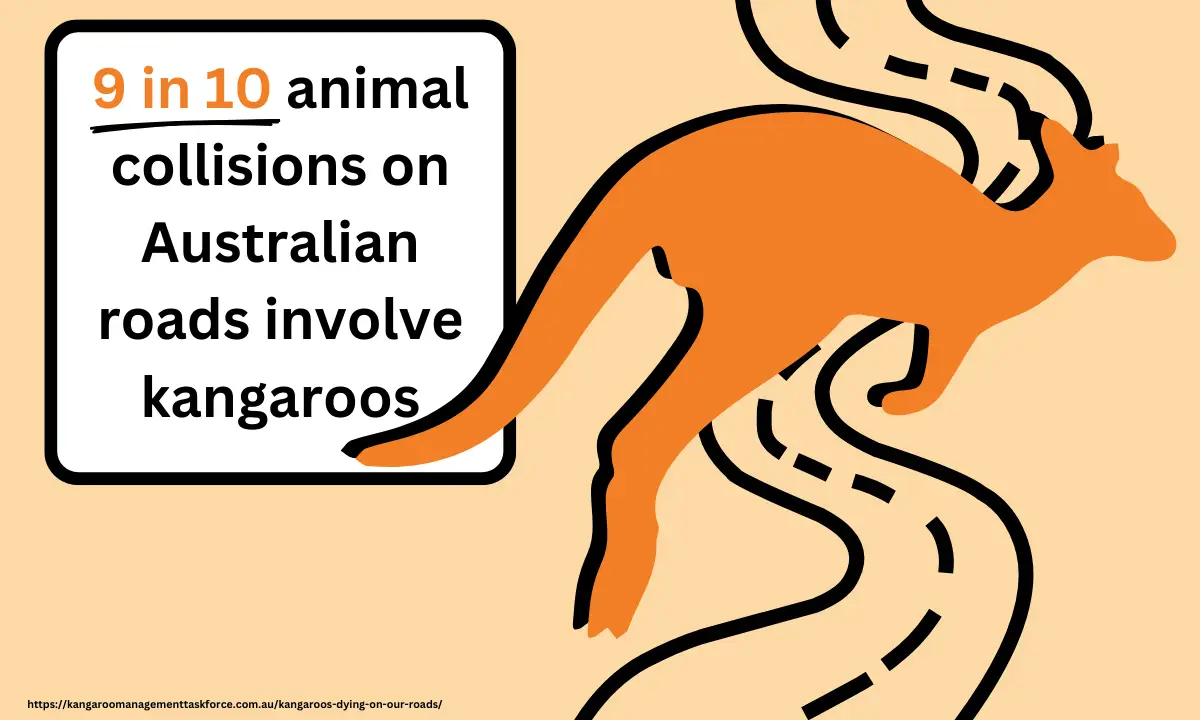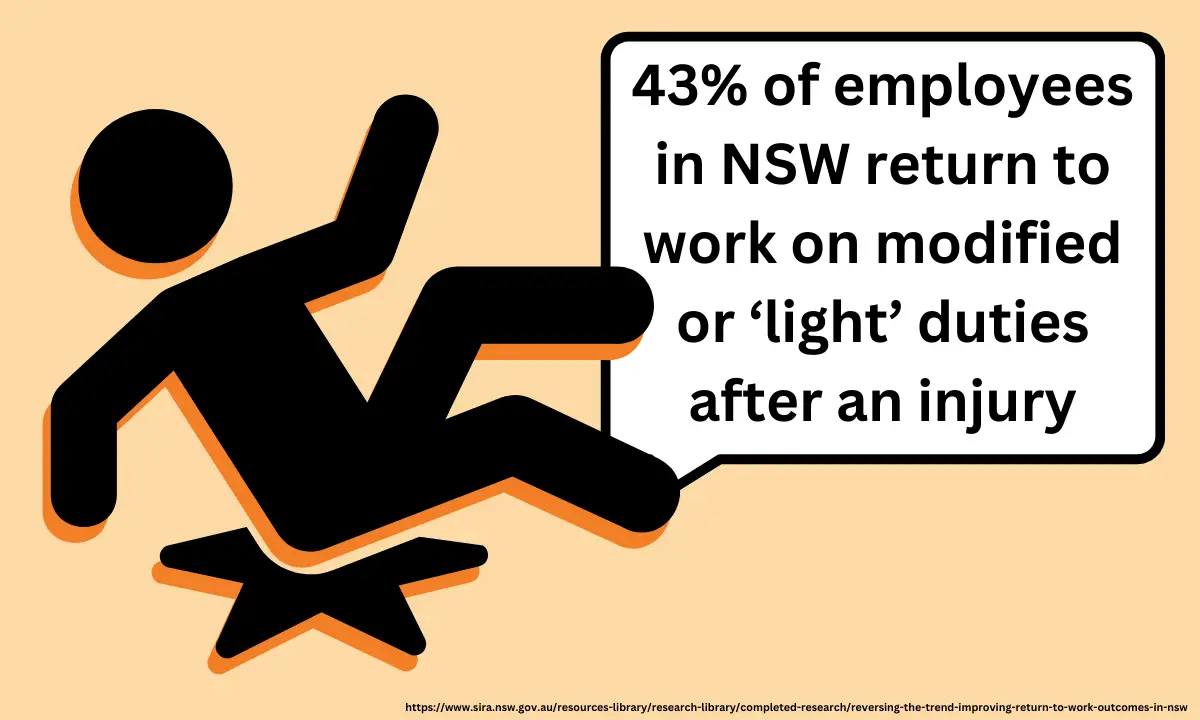If you’ve been injured at work or in a motor vehicle accident in NSW, you may qualify for compensation. Understanding permanent impairment payout amounts in NSW is crucial when estimating your claim. The calculation process for permanent impairment payouts can be complex, and payout amounts depend on injury severity and legal thresholds. This guide will walk you through your entitlements and how permanent impairment payout amounts are assessed in NSW, helping you navigate your compensation claim.

What does permanent impairment mean?
Permanent impairment is a medical and legal term; it refers to a stable deteriorated health condition that does not get better with medical treatment. This condition may prevent the injured person from working and conducting daily activities

Permanent impairment assessment in NSW
In NSW, the role of a medical professional in performing a permanent impairment assessment is to provide an unbiased evaluation of the injury using established guidelines. The American Medical Association’s (AMA) guides are often used by independent medical examiners to assess the injured person once they have reached maximum medical improvement (MMI).
For individuals with multiple injuries, the medical examiner assesses each injured body part separately and combines the ratings to calculate the Whole Person Impairment (WPI). Meeting the necessary WPI threshold is crucial, as it can significantly impact your eligibility for a permanent impairment payout and increase your overall compensation benefits.
If you’re only interested in Motor Vehicle Accident claims, you can skip the Workers Compensation section by clicking here.
Workers compensation (WorkCover) permanent impairment benefits NSW
In NSW, workers compensation permanent impairment benefits are based on the Whole Person Impairment (WPI) rating. The higher your WPI percentage, the greater the compensation you may be entitled to.
The table below outlines the permanent impairment benefits for cases with WPI ratings above 0%, 11%, and 15%, respectively, highlighting the thresholds that determine your compensation benefits.
| Impairment rate | Benefits |
|---|---|
| Above 0% WPI | Weekly payments Medical expenses Travel expenses |
| Above 11% WPI | Lump-sum compensation (for physical injuries) |
| Above 15%WPI | Lump-sum compensation (for psychological injuries) |
| Above 15% WPI | Domestic assistance Work injury damages payout |
Table 1: Workers compensation permanent impairment benefits in NSW
How Long Can I Receive Weekly Payments for My Workers Compensation Claim in NSW?
The duration of weekly payments for workers compensation in NSW is determined by your capacity to work and your permanent impairment rating. If your permanent impairment rating exceeds 20%, there is no limit to how long you can receive weekly payments. For other impairment ratings and circumstances, refer to the table below to see the eligibility and duration of weekly benefits.
| Time period | Benefits |
|---|---|
| 0 – 13 Weeks | 95% of pre-injury income during periods of incapacity |
| 14 – 130 Weeks | 80% of pre-injury income during periods of incapacity |
| 131 – 260 Weeks (with work capacity) | 80% of pre-injury income or 95% of pre-injury income if working weekly 15 hours |
| 131 – 260 Weeks (without work capacity) | 80% of pre-injury income |
| After 260 Weeks (5 Years) | 80% of pre-injury income only if permanent impairment is above 20% |
Table 2: Workers compensation weekly payments in NSW
NSW Workers Compensation (WorkCover) Permanent Impairment Payout Amounts Table 2022
The NSW permanent impairment payment amounts table for 2022 is shown below. This table is used to calculate your permanent impairment payout under the NSW Workers Compensation scheme, based on your Whole Person Impairment (WPI) rating. The higher your WPI, the greater the payout you may be eligible for.
| Whole person impairment (WPI) | Permanent impairments payment amounts |
|---|---|
| 0% – 10% | $0 |
| 11% – 20% | $24,810 – $37,770 |
| 21% – 30% | $57,210 – $86,370 |
| 31% – 40% | $91,700 – $139,760 |
| 41% – 50% | $145,100 – $193,160 |
| 51% – 60% | $267,270 – $341,270 |
| 61% – 70% | $415,280 – $489,280 |
| 71% – 100% | $563,270 – $637,290 |
Table 3: Workers compensation weekly payments in NSW

Motor Vehicle Accident Permanent Impairment Payout Guidelines in NSW
Permanent impairment payments for motor vehicle accidents in NSW are determined by your Whole Person Impairment (WPI) rating. The higher your WPI, the more compensation you may receive. Below, you can find the table outlining permanent impairment payments for non-exempt workers involved in workplace-related motor vehicle accidents.

Compensation Benefits for Motor Vehicle Accidents in NSW
In NSW, any road user—whether you’re a pedestrian, cyclist, driver, or passenger—may be entitled to motor vehicle accident compensation benefits. Your permanent impairment rating plays a crucial role in determining your eligibility for a lump sum payout for pain and suffering, as well as the duration of weekly benefits.
The table below outlines the permanent impairment payout amounts for three common medical conditions related to motor vehicle accidents.
| Medical condition | Benefits |
|---|---|
| Above 0% WPI (minor or non-minor injuries) | Income support payments Medical expenses Travel expenses |
| Non-minor injury | Lump sum payout for future loss of income |
| 11% WPI or greater | Lump sum payout for pain and suffering |
Table 4: Motor vehicle accident permanent impairment benefits
How Long Can I Receive Income Support Benefits for My Motor Vehicle Accident Compensation Claim in NSW?
Duration Income Support Benefits
0 – 6 Months If you have a minor or non-minor injury
6 Months – 2 Years If you are not at fault and injuries are non-minor
2 Years – 3 Years If you are not at fault, your injuries are non-minor, and you made a common law claim
3 Years – 5 Years If you are not at fault, your injuries are 11% or greater, and you made a common law claim
Table 5: Income support benefits duration
In NSW, you can receive income support benefits for up to 2 years if your injuries are classified as non-minor and you are not mostly at fault. To continue receiving income support beyond 2 years, you must file a common law claim for damages.
For income support between 3 and 5 years, your injuries must result in a Whole Person Impairment (WPI) rating of 11% or higher.
Pain and Suffering Payout for Car Accidents in NSW
If you’ve suffered a knee, eye, back, or neck injury in a car accident, you may be eligible for a pain and suffering payout—also known as non-economic loss—if your Whole Person Impairment (WPI) is 11% or higher and you are mostly not at fault. This payout compensates for the emotional and physical pain caused by the accident.
Navigating the complexities of pain and suffering claims can be challenging, especially when it comes to proving eligibility. Engaging an experienced lawyer can help ensure that you receive the maximum compensation you’re entitled to. A lawyer will guide you through the claim process, making sure that your rights are protected and your claim is fully optimized.
TPD Claims and Permanent Impairment Payouts in NSW
If you are unable to work due to an injury or illness, you may be eligible for a Total and Permanent Disability (TPD) payout, which is typically included in your superannuation fund.
In NSW, you can lodge a TPD claim simultaneously with a motor vehicle accident or workers compensation claim. While your Whole Person Impairment (WPI) rating is crucial for both claims, TPD benefits offer additional lump sum compensation.
Withstand Lawyers can guide you through both processes to maximize your entitlements.
What is a minor injury?
Minor injuries do not have a specific Whole Person Impairment range. They refer to soft tissue injuries such as muscles, tendons, and ligaments damage.
Psychological injuries can be minor or non-minor. In order for them to be non-minor, they need to be recognised as a psychiatric illness.
Secure Your Maximum Permanent Impairment Payout with Withstand Lawyers
At Withstand Lawyers, we understand the complexities involved in claiming permanent impairment payout amounts in NSW. Whether you’re pursuing a workers compensation claim or recovering from a motor vehicle accident, your Whole Person Impairment (WPI) rating is key to determining your compensation. Navigating these legal processes alone can be daunting, but with the help of our experienced team, you can ensure that your rights are protected and that you receive the maximum payout you’re entitled to.
Let Withstand Lawyers guide you through every step of the claim process. Contact us today for expert legal advice and the support you need to secure your compensation.

Issa Rabaya
• Bachelor of Laws
• Graduate Diploma in Legal Practice
• Approved Legal Service Provider to the Independent Review Office
• Member of the Law Society

Issa Rabaya
• Bachelor of Laws
• Graduate Diploma in Legal Practice
• Approved Legal Service Provider to the Independent Review Office
• Member of the Law Society




